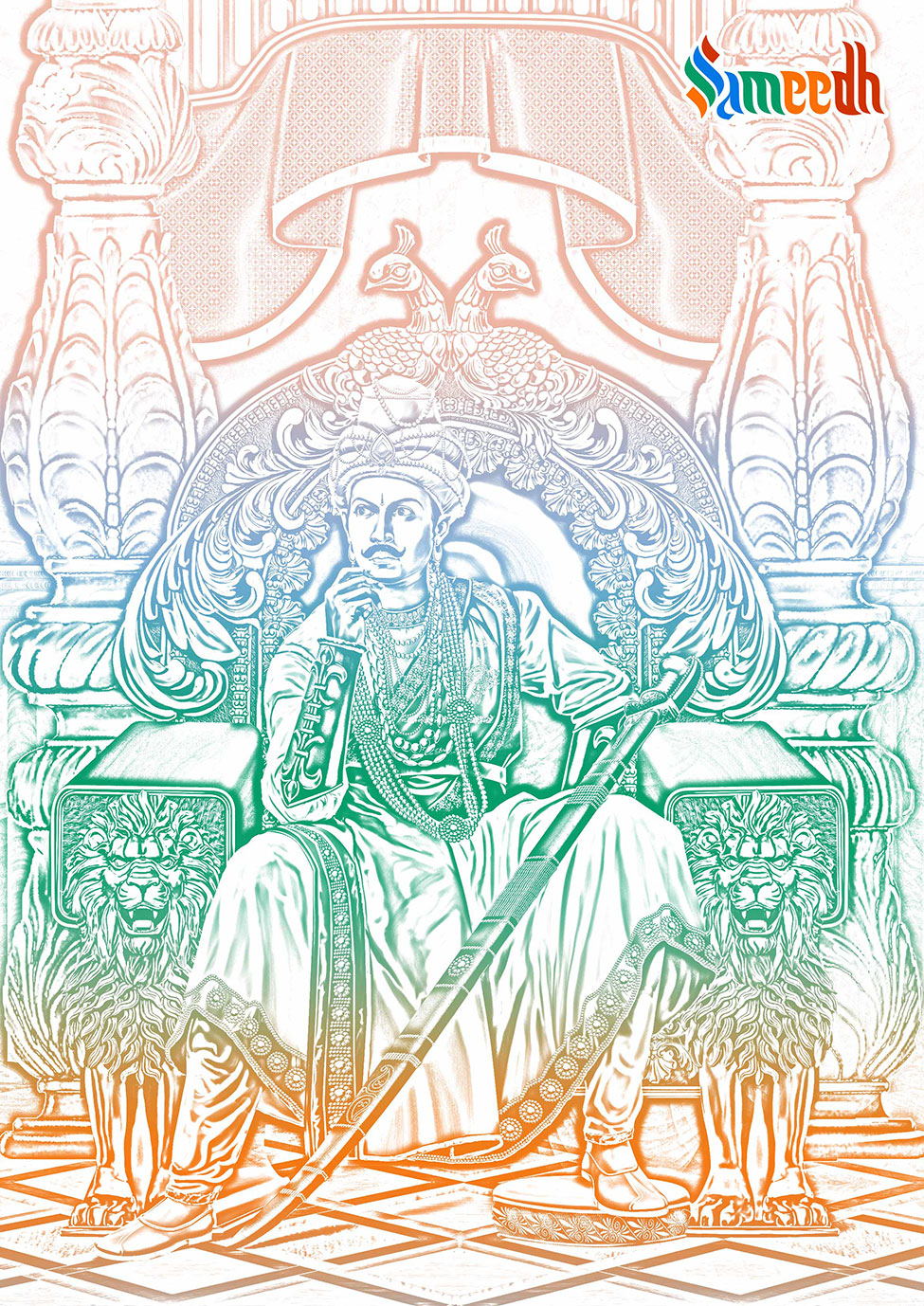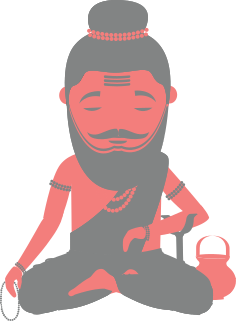Know more about the extraordinary journey of King Ashok of the Maurya Empire of Ancient India along with his contribution to the development of a peaceful ideology for leading an empire.

Early Life
Chandragupta Maurya was the grandfather of Ashoka and was evidently born with the correct genes of becoming a legendary ruler with his brilliance in academics, weaponry and statesmanship from a very young age. He inherited the whole kingdom from his father Bindusara and his grandfather Chandragupta Maurya who led an aggressive annexation of a vast majority of area in the Indian Subcontinent.
Life events
While the Maurya Dynasty started and progressed with an aggressive policy of expansion, what made Ashoka a legend was his revolutionary and extra-ordinary choice of adopting the path of Dharma and a pacifist policy of rule.
It is important to understand that Ashoka was a great ruler before the Kalinga War but he became a visionary and revolutionary king of Dharma in Ancient India.
Ashoka became the king of the Mauryan Empire after the death of his father, Bindusara and set out to annex the rest of India which was not a part of his empire. He started the process of capturing Kalinga, which is the present day Odisha. He led and won the Kalinga War in 260 BCE.
Contribution to society
Ashoka’s Path of Dharma
Despite turning victorious he experienced remorse and sorrow due to the massacre that led him to the victory over Kalinga. The pain of witnessing the deaths of so many people, Brahamana priests and Buddhist monks led Ashoka to turn to his revolutionary policy of Dharma.
According to a rock edict of the ancient era, he practices Dharma and taught Dharma to his subjects. His policies towards his people and international kingdoms changed drastically and he renewed the face of power in Ancient India.
Life after major events
The New Ashoka in the Old Empire
Post Kalinga War, Ashoka changed his attitude and approach towards the process of conquering foreign kingdoms. He approached annexation with his ideologies instead of a bloodbath. He started contributing towards development of the people inside and outside his kingdoms in the most peaceful ways.
To spread his message of Peace, Dharma and Buddhism, he deployed some missionaries to teach Buddhism and Dharma to Sri Lanka and some parts of Central Asia.
Life Lessons
A Paternal King
He treated his subjects as his children and responsibility. He encouraged people to look up to him as a paternal figure. He improvised and increased the steps to improve the welfare of people living in his kingdom. He appointed several new positions like Dhammamahamatras and Rajukya to maintain welfare as well as law and order in the kingdom with specified rewards and punishments for the subjects. He encouraged a cooperative society which was based on mutual respect and healthy social order.
He encouraged people to treat their parents, relatives and other members of the society well. He even encouraged the subjects to treat the slaves with mercy.
The basic idea of his new policies was to improve social order in the society and day-to-day conduct of his subjects.
A Progressive Ruler
Ashoka propagated and encouraged unification of the country and the culture in the country by several policies. During his reign as king he led the movement of political unification. He used primarily one script Brahmi to teach and practice only one Dharma across his vast kingdom.
Ashoka did not follow a sectarian form of Dharma. It was more inclusive in concept and practice.
Ashoka consistently refused to use an aggressive policy of physical conquest as advised by Kautilya.
He stuck to following his policy of Dharma for the rest of his time as a king and left an inspirational legacy of peaceful rule. These are outstanding achievements and accomplishments. Which is why King Ashok has received the greatest honor in the form of having Ashok Chakra be part of Indian flag and many other official seals.
India is home to rulers of exemplary courage and valor. They left their significant mark, leaving behind their ingenious and insightful actions to get inspired by and for future generations to lead by example. For more such intriguing accounts of India’s king and leaders, rich history and socio-political context, browse more topics on Sameedh, a rich store of information, just for you!
